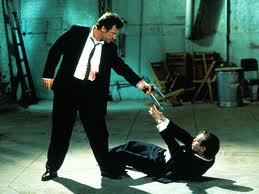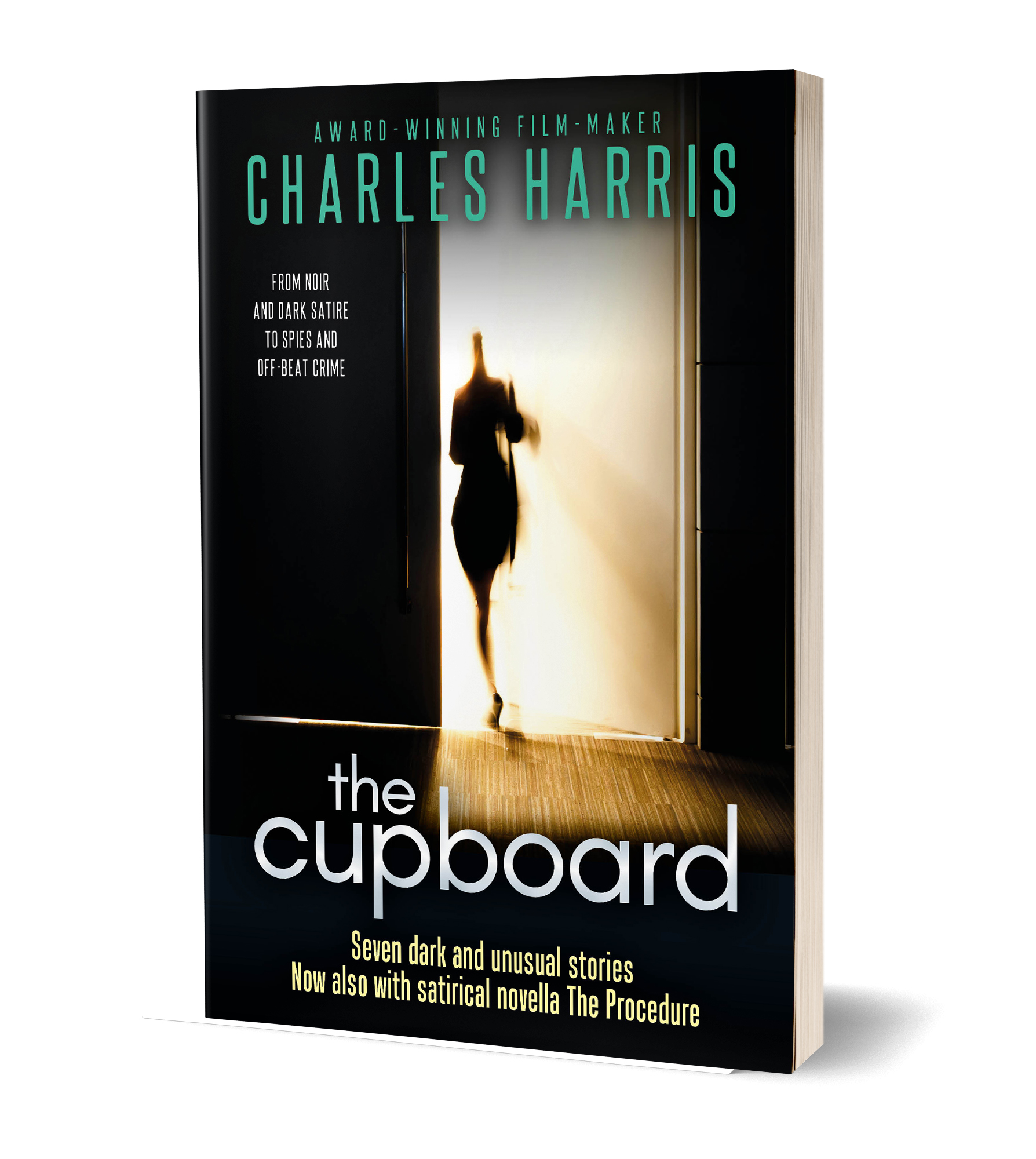Give your flashbacks the kiss of life
09 Monday Jul 2012
Written by Charles Harris in Structure, Uncategorized
Tags
audience, cinema, drama, film, flashbacks, fractured narrative, Screenwriting, technique, tip
There are a thousand myths about flashbacks in scripts. Some people say you shouldn’t ever write them. Some people say you must – that fractured narrative is the only way forward in screenwriting (or should that be backwards…)
The truth is that flashbacks can be great in c inema and TV – and they can also kill your script stone dead.
inema and TV – and they can also kill your script stone dead.
Sadly most flashbacks in scripts I get sent are of the stone dead variety.
Your flashbacks will die if you don’t know the most important rule.
Go out on a high, come in on a high.
A flashback is a massive rupture in the realism of your story. It is fundamentally unrealistic.
Any time you jump in time (in any direction) it comes as an enormous slap in the face for the audience.
Somehow you, as the writer, have to keep your story alive for the audience despite having greatly insulted their sense of reality.
To do this you have to both exit the old timeline and enter the new with great dramatic energy.
Go out on a high, come in on a high.
First, the scene before must end on a strong cliffhanger. Something that will make the audience want desperately to know what happens next.
“Let me tell you what happened…” is weak.
Mr Orange bleeding to death – as at the start of Reservoir Dogs – does the job a lot better.
Then the flashback itself must grab the reader with immediate drama of its own.
Tarantino doesn’t start his flashback with Mr White gently waking up in the morning before the robbery – he crashes straight in with Mr Pink being chased by four cops.
The same applies when you end the flashback and come back to the present. In this case, we cut from Mr Pink racing away from the scene, straight back to Pink, White and the dying Orange trying desperately to work out what went wrong.
End on a cliffhanger, and then grab them straight off with another.
Of course the nature of the cliffhanger will depend on your genre. A romcom will be different from a sports movie – but high tension there must be.
Go out on a high, come in on a high, and your flashbacks will always stay alive.
Of course, having said that, there are other aspects to flashbacks a writer needs to know, from where to place them to how they affect the overall plot. And there are other techniques of screenwriting to master overall – from managing structure to developing strong, believable characters.
If you found this article useful, you might enjoy my book Teach Yourself: Complete Screenwriting Course



Tell people what you think